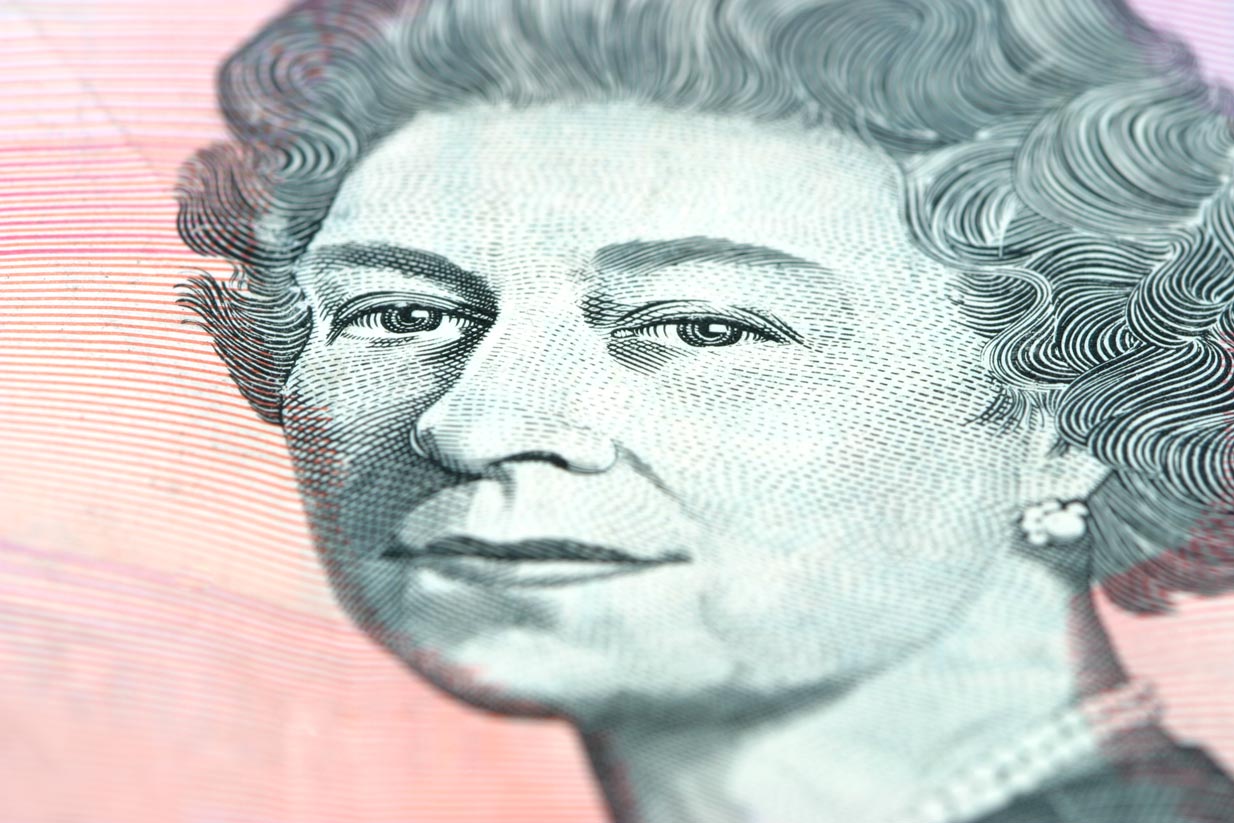News
Savers: don’t get too excited about the base rate rise

The base rate rise to 0.75% should be good news for beleaguered savers who have put up with years of low interest paying accounts. But while change may be on the horizon, it won’t be overnight.
The Bank of England’s Monetary Policy Committee unanimously voted to raise the base rate 25bps from 0.5% to 0.75%.
Savers have been waiting for this moment, seeing as it’s just the second time in a decade that the base rate has been raised.
But savers are urged not to get too excited about the move. According to Andrew Hagger of independent research site, MoneyComms, someone with a £5,000 savings balance would see their monthly interest rise by £1.04 a month. “This is hardly life changing, but a step in the right direction,” he said.
If you’ve £1,000, the 0.25% rise would equate to around an extra 21p a month.
With the base rate running at 0.75% and the current rate of inflation for June standing at 2.4%, this still means cash accounts are being savaged by the eroding effects of inflation.
Another issue faced by savers is that while base rate cuts are often passed on as soon as possible, a rate rise often leads to providers dragging their heels to improve the interest on accounts.
In fact, data from savings advice site, Savings Champion, revealed that the last time the base rate moved higher, from 0.25% to 0.5% in November 2017, just half (1,625) of 3,238 savings accounts saw an interest rate increase. Further, rather than pass on the full 0.25% increase, the average rise stood at 0.20%.
Anna Bowes, director of Savings Champion, said: “Without wanting to put too much of a dampener on it, savings rates are unlikely to change immediately and we’ll have to wait and see if the full rise is extended to all variable rate accounts – which is unlikely, judging by the previous behaviour of the banks and building societies.
“In fact, following the previous increase from 0.25% to 0.50% back in November 2017, on average easy access interest rates have risen by just 0.09%, compared to the 0.25% rise. Some banks and building societies didn’t raise rates on some accounts at all, demonstrating how loosely the movement in the base rate is tracked by providers these days.”
However, Bowes added that if you have money sitting in a poor paying savings account, don’t wait for your provider to raise the rate. Instead, you should act now to improve the rate.
She said: “The good news is that best buy rates across the board have been steadily increasing over the last couple of years, with many hitting a two-year high. In fact, the best easy access rates have increased by up to 12% this year alone. So, don’t rely solely on the base rate rise, move your money to improve your interest now.”
Credit card borrowers
According to Hagger, there is approximately £36.9bn of credit card debt in the UK excluding 0% promotional deals. If all card providers were to raise rates by 0.25% it would cost UK borrowers a combined £92.25m in extra interest charges per year.
Related: See YourMoney.com’s Base rate rise: what it means for your mortgage for more information.